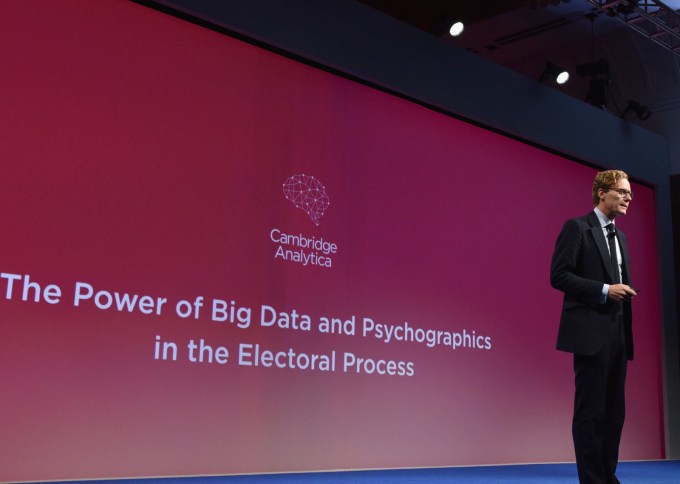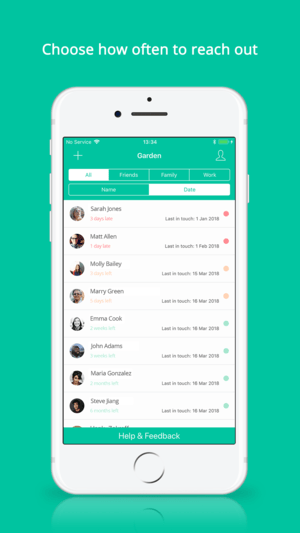TravelPerk, a Barcelona-based SaaS startup that’s built an end-to-end business travel platform, has closed a $21 million Series B round, led by Berlin-based Target Global and London’s Felix Capital. Earlier investors Spark Capital and Sunstone also participated in the round, alongside new investor Amplo.
When we last spoke to the startup back in June 2016 — as it was announcing a $7M Series A — it had just 20 customers. It’s now boasting more than 1,000, name-checking “high growth” companies such as Typeform, TransferWise, Outfittery, GetYourGuide, GoCardless, Hotjar, and CityJet among its clients, and touting revenue growth of 1,200% year-on-year.
Co-founder and CEO Avi Meir tells us the startup is “on pace” to generate $100M in GMV this year.
Meir’s founding idea, back in 2015, was to create a rewards program based around dynamic budgeting for business trips. But after conversations with potential customers about their pain-points, the team quickly pivoted to target a broader bundle of business travel booking problems.
The mission now can be summarized as trying to make the entire business travel journey suck less — from booking flights and hotels; to admin tools for managing policies; analytics; customer support; all conducted within what’s billed as a “consumer-like experience” to keep end-users happy. Essentially it’s offering end-to-end travel management for its target business users.
“Travel and finance managers were frustrated by how they currently manage travel and looked for an all in one tool that JUST WORKS without having to compare rates with Skyscanner, be redirected to different websites, write 20 emails back and forth with a travel agent to coordinate a simple trip for someone, and suffer bad user experience,” says Meir.
“We understood that in order to fix business travel there is no way around but diving into it head on and create the world’s best OTA (online travel agency), combined with the best in class admin tools needed in order to manage the travel program and a consumer grade, smart user experience that travelers will love. So we became a full blown platform competing head on with the big TMCs (travel management companies) and the legacy corporate tools (Amex GBT, Concur, Egencia…) .”
He claims TravelPerk’s one-stop business trip shop now has the world’s largest bookable inventory (“all the travel agent inventory but also booking.com, Expedia, Skyscanner, Airbnb… practically any flight/hotel on the internet — only we have that”).
Target users at this stage are SMEs (up to 1,500 employees), with tech and consulting currently its strongest verticals, though Meir says it “really runs the gamut”. While the current focus is Europe, with its leading markets being the UK, Germany and Spain.
TravelPerk’s business model is freemium — and its pitch is it can save customers more than a fifth in annual business travel costs vs legacy corporate tools/travel agents thanks to the lack of commissions, free customer support etc.
But it also offers a premium tier with additional flexibility and perks — such as corporate hotel rates and a travel agent service for group bookings — for those customers who do want to pay to upgrade the experience.
On the competition front the main rivals are “old corporate travel agencies and TMC”, according to Meir, along with larger players such as Egencia (by Expedia) and Concur (SAP company).
“There are a few startups doing what we are doing in the U.S. like TripActions, NexTravel, as well as some smaller ones that are popping up but are in an earlier stage,” he notes.
“Since our first round… TravelPerk has been experiencing some incredible growth compared to any tech benchmark I know,” he adds. “We’ve found a stronger product market fit than we imagined and grew much faster than planned. It seems like everyone is unhappy with the way they are currently booking and managing business travel. Which makes this a $1.25 trillion market, ready for disruption.”
The Series B will be put towards scaling “fast”, with Meir arguing that TravelPerk has landed upon a “rare opportunity” to drive the market.
“Organic growth has been extremely fast and we have an immediate opportunity to scale the business fast, doing what we are doing right now at a bigger scale,” he says.
Commenting in a statement, Antoine Nussenbaum, partner at Felix Capital, also spies a major opportunity. “The corporate travel industry is one of the largest global markets yet to be disrupted online. At Felix Capital we have a high conviction about a new era of consumerization of enterprise software,” he says.
While Target Global general partner Shmuel Chafets describes TravelPerk as “very well positioned to be a market leader in the business travel space with a product that makes business travel as seamless and easy as personal travel”.
“We’re excited to support such an experienced and dedicated team that has a strong track record in the travel space,” he adds in a supporting statement. “TravelPerk is our first investment in Barcelona. We believe in a pan-European startup ecosystem and we look forward to seeing more opportunities in this emerging startup hub.”
Flush with fresh funding, the team’s next task is even more recruitment. “We’ll grow our teams all around with emphasis on engineering, operations and customer support. We’re also planning to expand, opening local offices in 4-5 new countries within the upcoming year and a half,” says Meir.
He notes the company has grown from 20 to 100 employees over the past 12 months already but adds that it will continue “hiring aggressively”.


Powered by WPeMatico


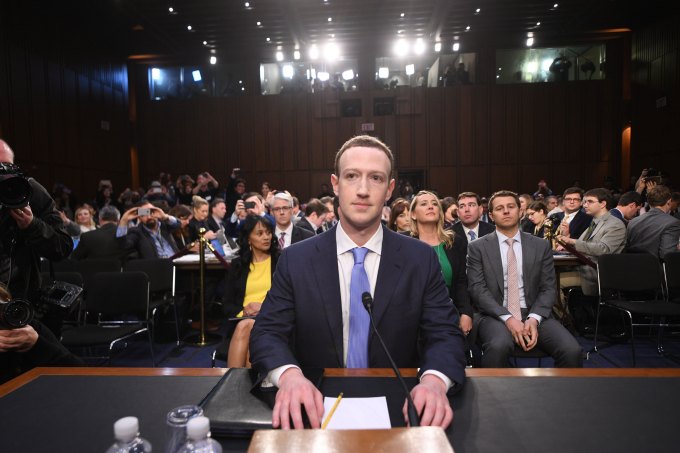
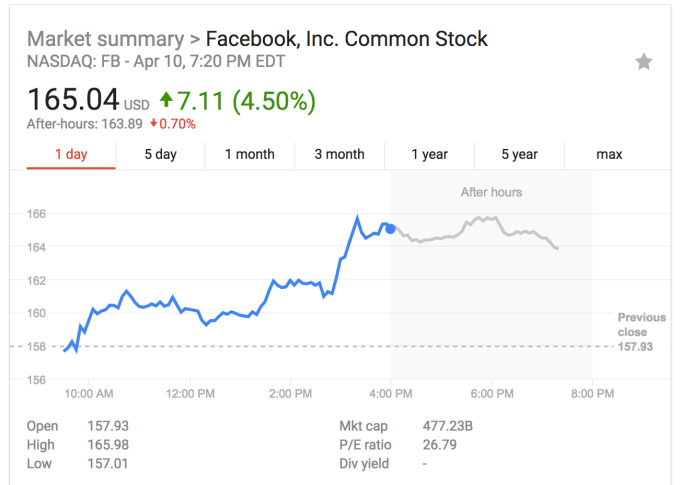
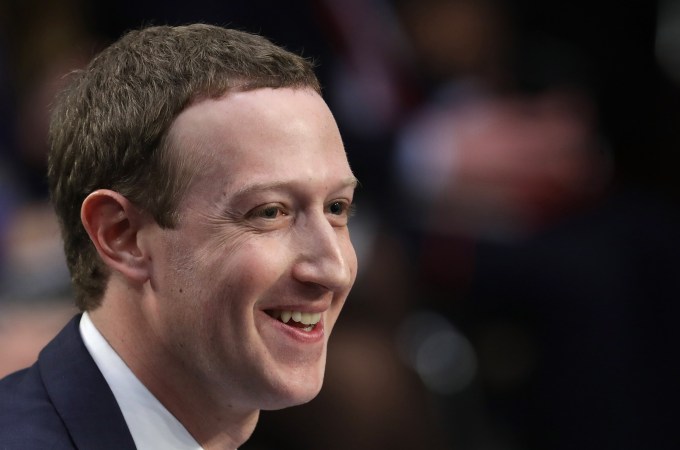
 (@ColumbiaBugle)
(@ColumbiaBugle) 
